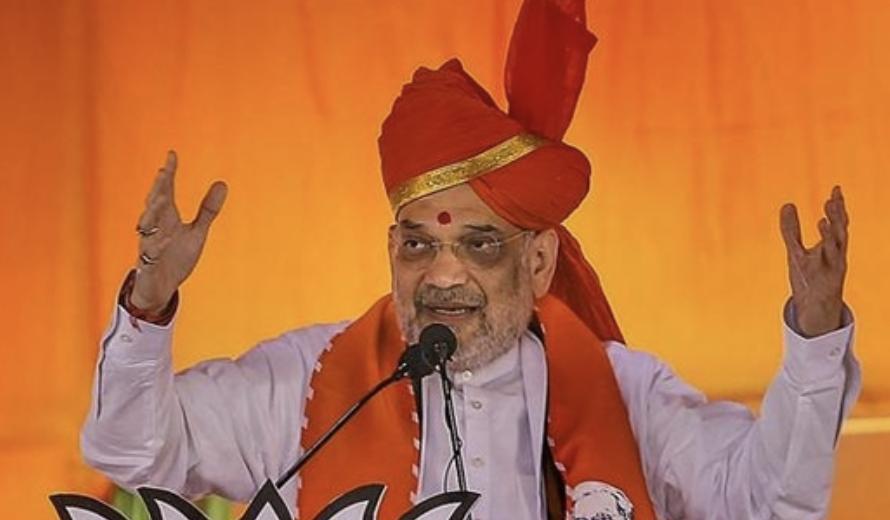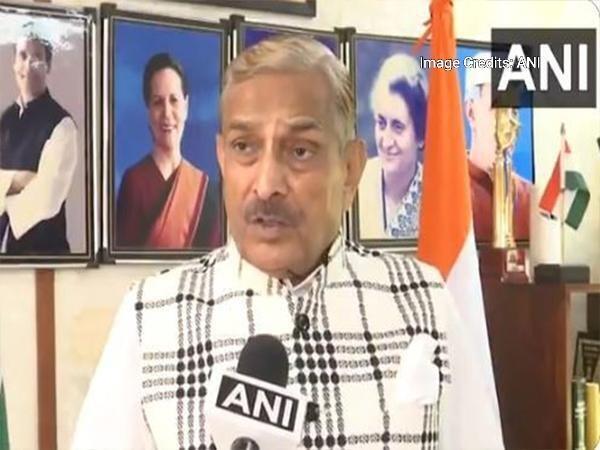
3 more groups have disassociated from Hurriyat in J&K: Amit Shah
Union Home Minister Amit Shah’s recent visit to Jammu and Kashmir has brought to light some significant developments in the region. In a statement, Shah revealed that three more organizations have disassociated themselves from the Hurriyat, a separatist group that has been at the forefront of the Kashmir conflict. The organizations that have discarded separatism and joined the mainstream are the Jammu Kashmir Islamic Political Party, Jammu and Kashmir Muslim Democratic League, and Kashmir Freedom Front.
Shah’s announcement has sent shockwaves across the region, with many interpreting it as a significant blow to the Hurriyat’s influence. The development is a testament to the growing trend of mainstreaming in Kashmir, where more and more people are rejecting the ideology of separatism and opting for a more inclusive and integrated approach.
The Hurriyat has been a dominant force in Kashmir politics for decades, with its leaders playing a key role in fueling the separatist movement. The group’s influence has been dwindling in recent years, with many of its leaders being either arrested or their activities being curtailed by the government. The latest developments are a clear indication that the Hurriyat’s influence is no longer as strong as it once was.
The three organizations that have disassociated themselves from the Hurriyat are significant in their own right. The Jammu Kashmir Islamic Political Party has been a vocal advocate for greater autonomy for the region, while the Jammu and Kashmir Muslim Democratic League has been pushing for more representation for Muslims in the state’s politics. The Kashmir Freedom Front, on the other hand, has been a vocal critic of terrorism and has been working to promote peace and reconciliation in the region.
Shah’s announcement has been welcomed by many in the region, who see it as a step towards a more united and harmonious Kashmir. “Modi Ji’s vision for a united and powerful Bharat stands even more bolstered today,” he said in a tweet. The tweet was accompanied by a video of him speaking to a gathering of people in Kashmir, where he emphasized the need for unity and cooperation to build a brighter future for the region.
The development has also been seen as a significant boost to the Narendra Modi-led government, which has been working to integrate Kashmir with the rest of the country. The government has been implementing a number of initiatives aimed at promoting economic development and social inclusion in the region, and the disassociation of the three organizations from the Hurriyat is seen as a testament to the success of these efforts.
However, not everyone is celebrating the development. The Hurriyat has been quick to condemn the disassociation of the three organizations, calling it a “betrayal” of the separatist cause. The group’s leaders have also accused the government of using coercion and intimidation to force people to abandon their separatist ideology.
Despite these criticisms, many observers believe that the disassociation of the three organizations from the Hurriyat is a significant development that marks a turning point in Kashmir’s history. The trend of mainstreaming is expected to continue, with more and more people rejecting the ideology of separatism and opting for a more inclusive and integrated approach.
The impact of the development on the Kashmir conflict is also significant. The conflict has been ongoing for decades, with both sides refusing to budge. However, the disassociation of the three organizations from the Hurriyat marks a significant shift in the balance of power, with the separatist movement losing some of its key supporters.
The development is also expected to have a significant impact on the region’s politics. The Hurriyat has been a dominant force in Kashmir politics for decades, but its influence is now waning. The disassociation of the three organizations from the Hurriyat marks a significant shift in the region’s political landscape, with more and more people opting for a more inclusive and integrated approach.
In conclusion, the disassociation of three organizations from the Hurriyat in Jammu and Kashmir is a significant development that marks a turning point in the region’s history. The trend of mainstreaming is expected to continue, with more and more people rejecting the ideology of separatism and opting for a more inclusive and integrated approach. The development is a testament to the growing influence of the Narendra Modi-led government, which has been working to integrate Kashmir with the rest of the country. As the region moves forward, it is clear that the road ahead will be marked by challenges, but also significant opportunities for growth and development.






